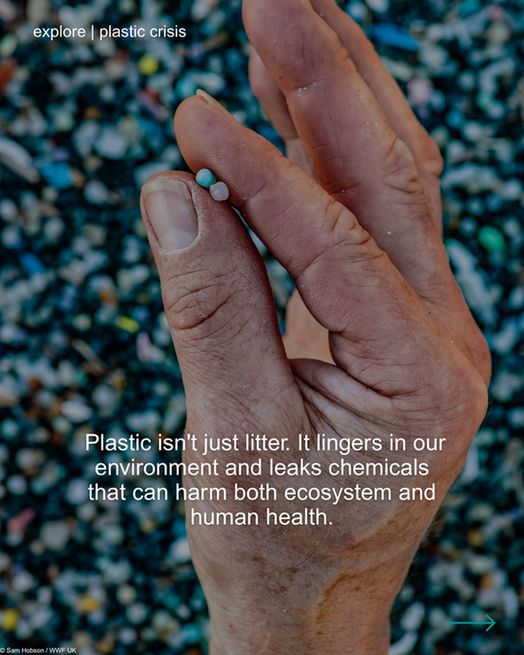
WWF in Africa
@wwfafrica.bsky.social
71 followers
19 following
100 posts
Official Bluesky account for WWF in Africa 🐼🦏🐘🦍🐟🦁🐯🐢 Building a future in which people live in harmony with nature🌲🌳🌱🍀
Posts
Media
Videos
Starter Packs
WWF in Africa
@wwfafrica.bsky.social
· Sep 17
WWF in Africa
@wwfafrica.bsky.social
· Sep 17
WWF in Africa
@wwfafrica.bsky.social
· Sep 15

Cool & Solar project: installation des panneaux solaires à Gamba
Philippe DENRUYTER, Manager Applied Energy Solutions au WWF International, s’est rendu au Gabon pour superviser l’installation de panneaux solaires au Bureau WWF de Gamba, dans le cadre du projet…
www.youtube.com
WWF in Africa
@wwfafrica.bsky.social
· Sep 13

SUIVI ECOLOGIQUE DES ESPECES AU PARC NATIONAL NTOKOU PIKOUNDA
Au Parc National Ntokou Pikounda (PNNP) Christian Ndzai est responsable du suivi écologique des espèces. Grâce aux caméras piège qu'il place dans la forêt, l'équipe Biomonitoring peut identifier les…
youtu.be






























